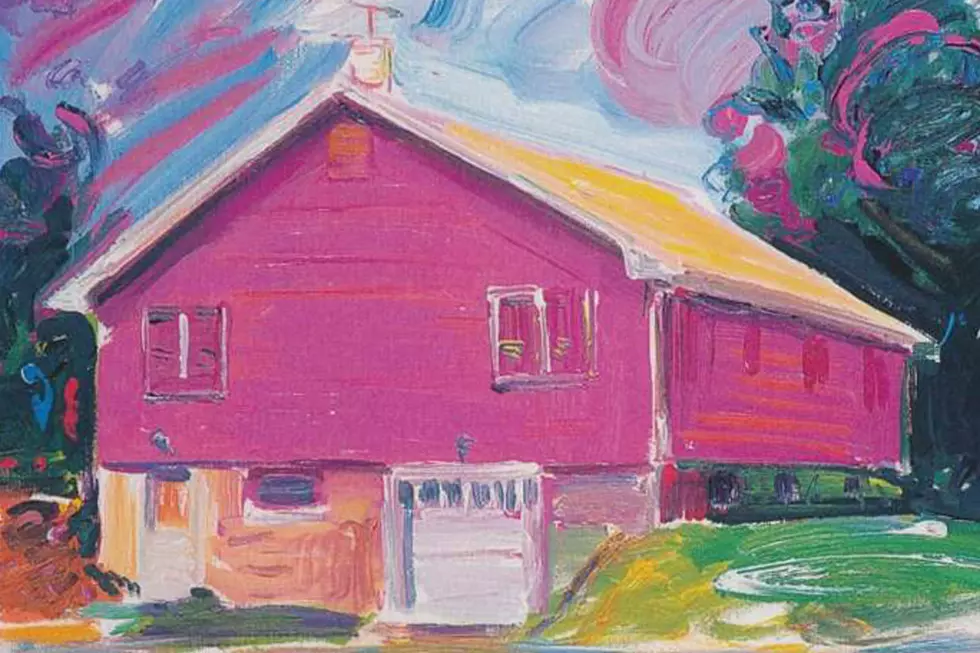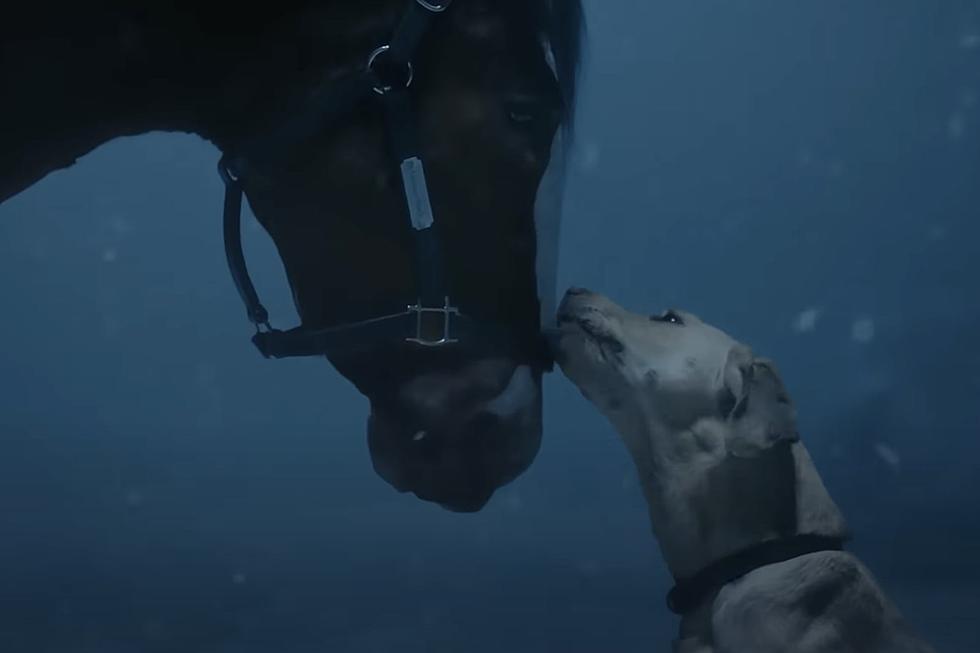
When the Band Returned Without Robbie Robertson on ‘Jericho’
When guitarist Robbie Robertson decreed the Band's demise following their legendary Last Waltz concert, many fans assumed it was a unanimous decision.
As it turned out, Robertson's former collaborators had other plans. By the early '80s, the Band had decided to reform without Robertson, reuniting Levon Helm, Rick Danko, Richard Manuel and Garth Hudson for their first extensive tours since 1976.
The better part of a decade passed before they emerged from the studio with a new set of recordings, but the latter-day Band cemented its status as a recording group again with the arrival of their eighth album on Nov. 2, 1993. Still, like a lot of the Band's music, the release of Jericho proved a bittersweet occasion for fans. Carrying on without Robertson struck many as an affront to the one-for-all ethos that helped make their classic songs so appealing.
Even for those who believed the group had a right to overrule their former chief songwriter, the new songs were haunted by the absence of Manuel, who was found dead after a show on March 4, 1986. His sole vocal turn on the album, a cover of Marshall Barer and Fred Brooks' "Country Boy," was fittingly placed behind the new song "Too Soon Gone" on the record.
Missing two key components, the Band compensated by wholeheartedly embracing the hootenanny-style aesthetic of their classic sound, inviting a small army of musicians into the studio to help augment the recording. Arguably more problematic was the absence of Robertson, who'd provided a lot of the creative direction on earlier records.
Without his songwriting in the stable, the remaining members turned in a largely covers-driven set that included a few rock and blues standards (including Bruce Springsteen's "Atlantic City" and their old boss Bob Dylan's "Blind Willie McTell") as well as tunes from outside writers like Jules Shear and Marty Grebb.
Listen to the Band Perform 'Atlantic City'
The result was a collection of songs that boasted an identifiably Band-like sound (partly thanks to the involvement of long-time co-producer John Simon, who'd worked on well-regarded previous Band records) but still couldn't help feeling somewhat diminished.
Plenty of factors shared the blame – the clean early-'90s production, the occasionally subpar song choices, the changes in the lineup – but the overall effect was hard to deny, and although most critics were vocally happy to hear new music from the Band, they also couldn't help comparing Jericho unfavorably to what came before.
Still, even without Robertson and Manuel, the Band proved every bit as resilient as their classic catalog. And although neither Jericho nor subsequent studio efforts scaled the same commercial heights the group enjoyed in the '70s, they kept on touring and recording until Danko succumbed to heart failure and passed away on Dec. 10, 1999.
Danko's death added a heartbreaking final note to a career that had already suffered more than its share, but in a way, it also proved fitting: Ultimately, only death could keep them from playing together. And although it's one of the more minor entries in a distinguished collection, listening to Jericho makes it hard not to wish they'd managed to find away around that barrier too.
Top 100 '60s Rock Albums
More From Ultimate Classic Rock









